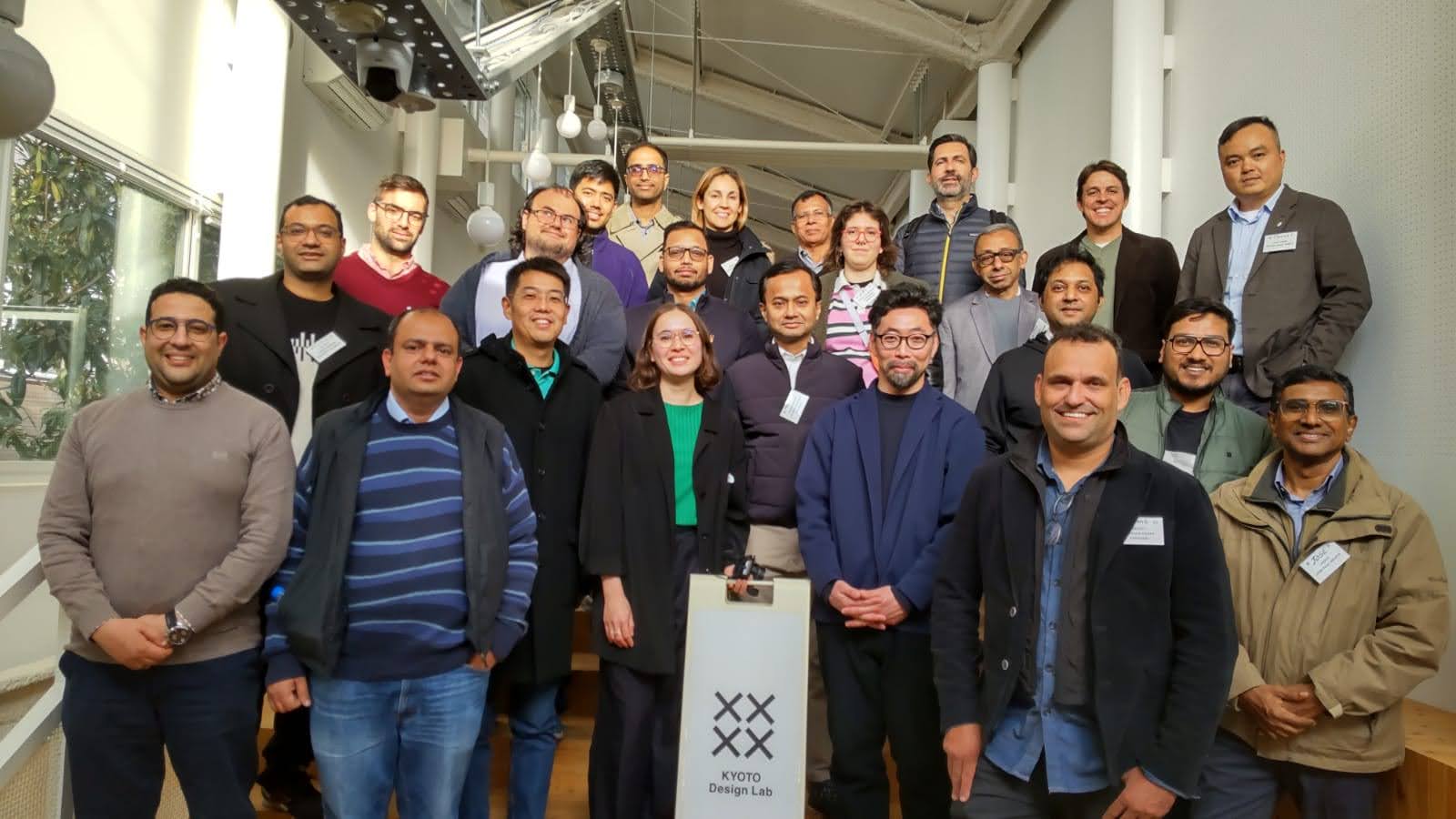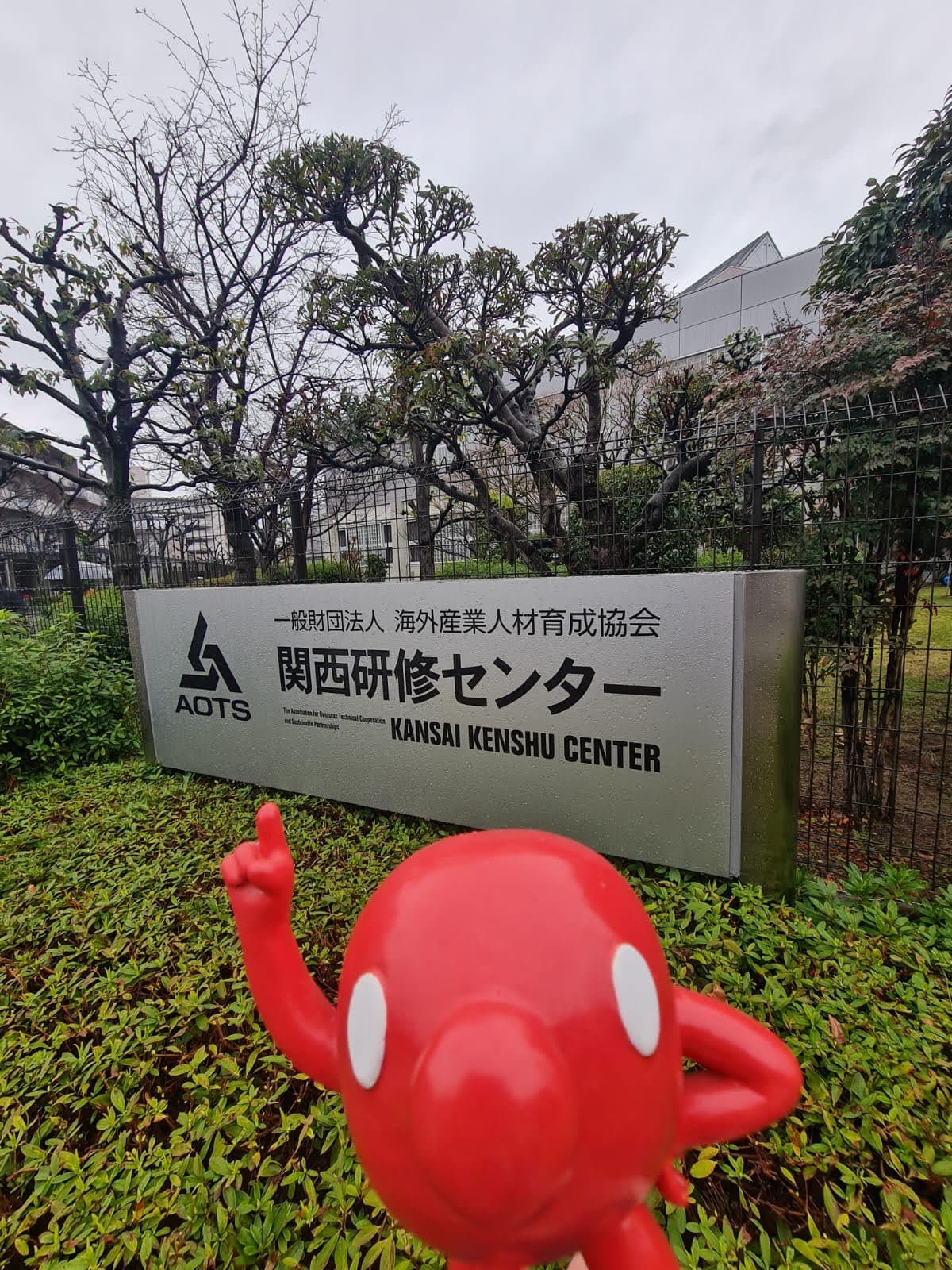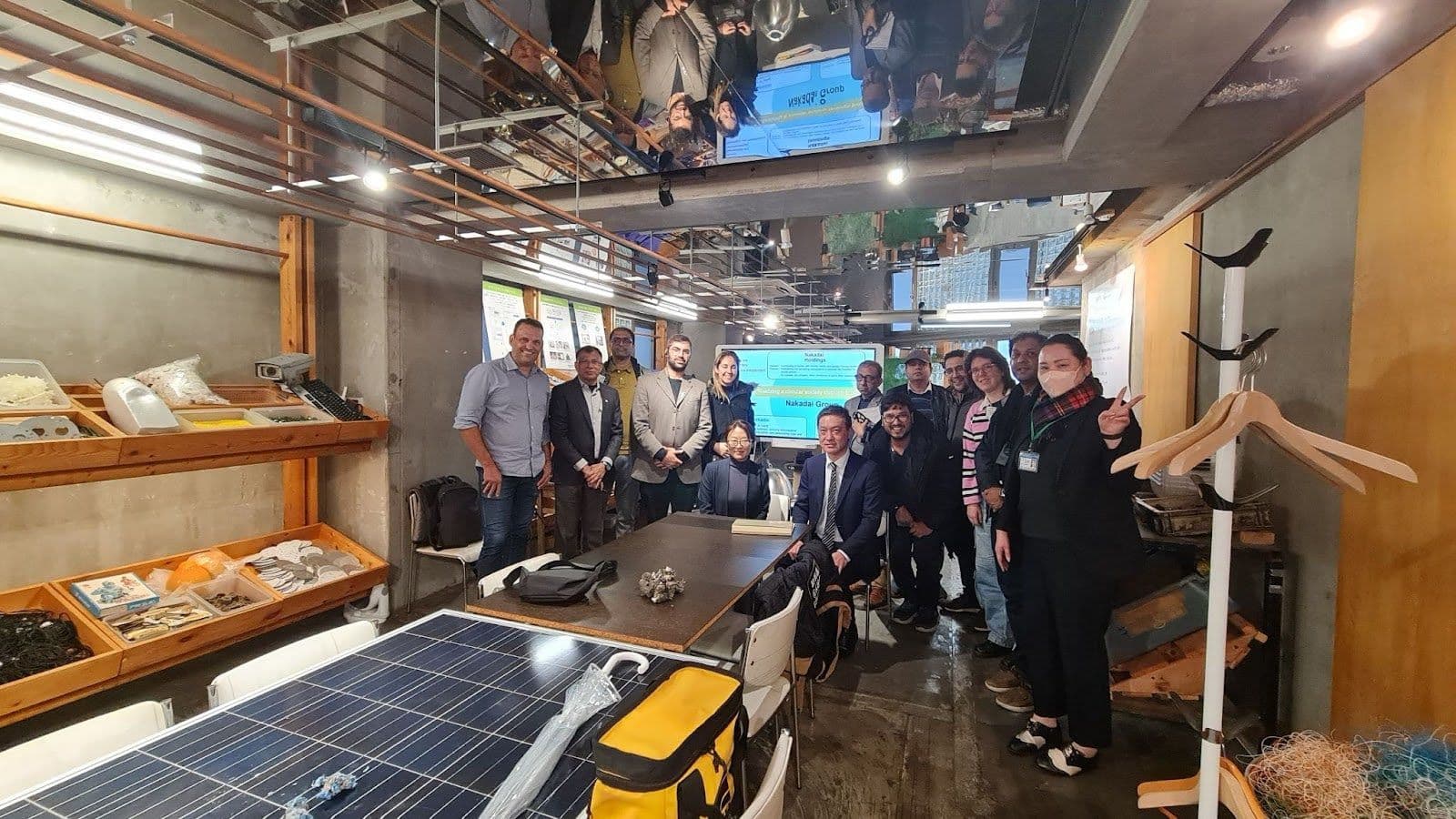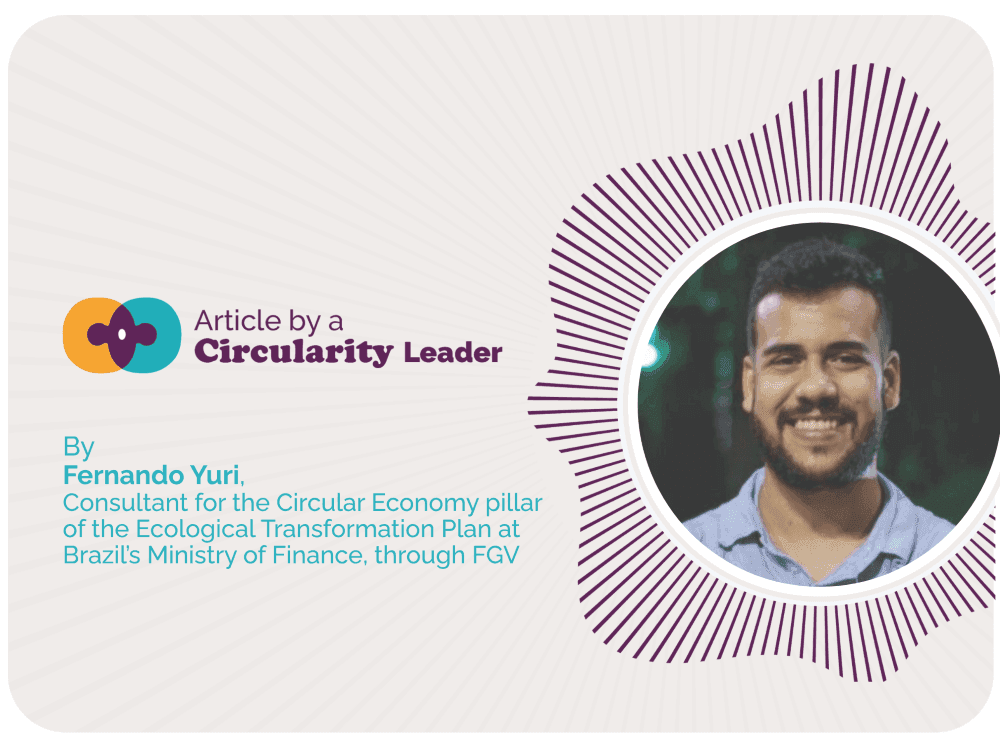
26/06/2024
With the involvement of society, businesses and the government, Japan is the largest recycler of electronic waste in Asia
A UN GEM report reveals that the Asian country repurposes 613,000 tons of discarded devices; Circular Movement was in Japan and shares experiences at an international congress.
By André Inohara, Betini Comunica, special content for Circular Movement
With high electronic waste recycling rates and resource repurposing in the production chain, Japan is a society oriented towards the circular economy model and can serve as an example for other countries, including Brazil.
According to the United Nations Global E-waste Monitor (GEM) report, Japan produced 2.6 million tons of electronic waste in 2022 and recycled 613,400 tons—a recovery rate of 23.25%, making the country the largest recycler of electronic devices in Asia.
Due to its limited natural resources and demographic space, Japan is a natural candidate for recycling and material repurposing. However, the country's motivation is not solely economic. Japanese society has embraced the culture of circularity and has advanced public policies that guide industrial production and waste collection, as well as educational initiatives where children learn from an early age to avoid waste and use resources appropriately.
Every citizen is responsible for the correct disposal of waste, and there is an almost universal public collection infrastructure. This is crucial for directing materials to the respective production chains, which reprocess the material and reduce the need for extracting raw materials from nature.

Circular Society
Electronic waste recycling is just one example, but Japan has several significant circularity initiatives. This was confirmed by Vinicius Saraceni, General Director of Circular Movement, during his visit to Japan from March 6 to 19. On this executive mission, Vinicius had the opportunity to deepen his understanding of the Japanese model and discuss ways to cooperate on Circular Economy initiatives between Japan and Latin America.
“What we learned in Japan is how important people's participation is in creating a circular society. Circular Movement advocates for this transition, and for that, we need a new perspective that involves behavioral and social changes. Whether it’s to create a circular economy process that ranges from the simplest to the most complex, the role of society is crucial.”
According to Vinicius, the migration to a circular society in Brazil depends on a tripod formed by regulation, culture, and investment. In Brazil, the creation of public policies is in its early stages but is beginning to take shape. "We have the National Solid Waste Program, which deals with reverse logistics. Based on this regulation, states are creating their own reverse logistics rules, which are boosting investments."
Parallel to state actions, cultural efforts are also essential, emphasizes Vinicius. “There is a lack of knowledge and information for people to change their behavior and become agents of transformation towards a circular society.”
In this context, it is up to consumers to do their part by demanding sustainable behaviors from companies and sharing the importance of circularity, Vinicius reinforces. “Consumers are becoming more conscious and discerning. They want to see selective collection at establishments and at their doorsteps, for example, and products manufactured with social and environmental responsibility.”
The cultural shift is what made Japan a circular society and can be replicated in Brazil, observes Saraceni. “When the government, society, and the productive sector work together and take on their roles, we will be able to create a circular society.”

About Circular Movement
Founded in 2020, Circular Movement is a collaborative ecosystem dedicated to encouraging the transition from a linear to a circular economy. The idea that every resource can be repurposed and transformed is the core of the Circular Economy, which is the foundational concept of the movement. Circular Movement is an open initiative that promotes collaborative spaces with the aim of informing people and institutions that a waste-free future is possible through education and culture, adopting new behaviors, inclusion, and the development of new processes, products, and attitudes.
The initiative is supported by the pioneering partnership of Dow, a chemical, plastics, and agricultural products company based in Michigan, United States. Today, Circular Movement has reached 4 million people through its activities and content.
Want to Learn More About the Circular Economy?
If you're interested in learning more about this topic, visit the Circular Academy, the first free Latin American course on the Circular Economy aimed at the general public. Together, through partnership and collaboration, we can make a difference in building a more circular planet.

